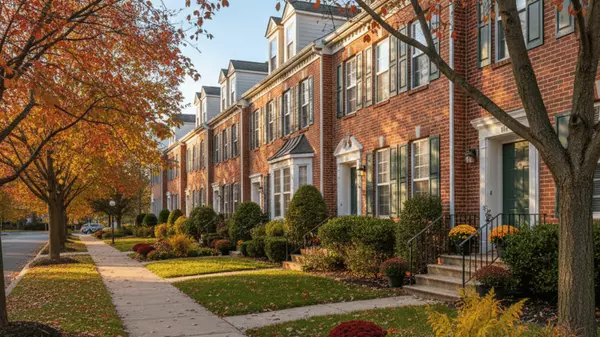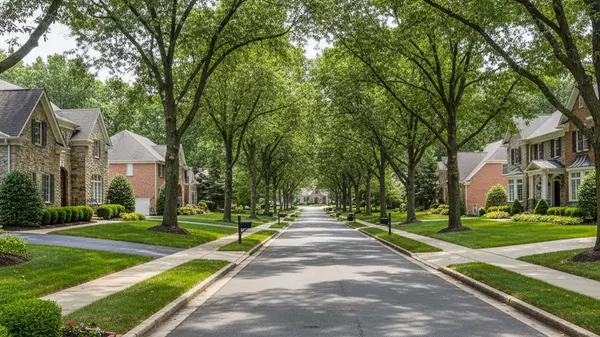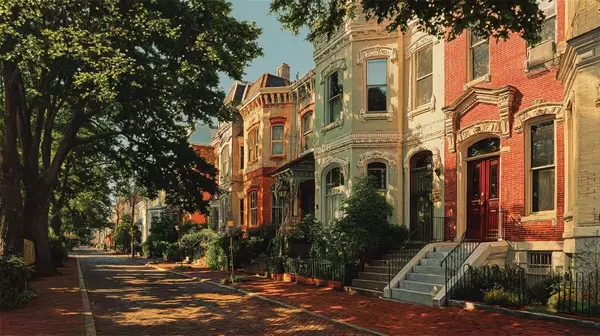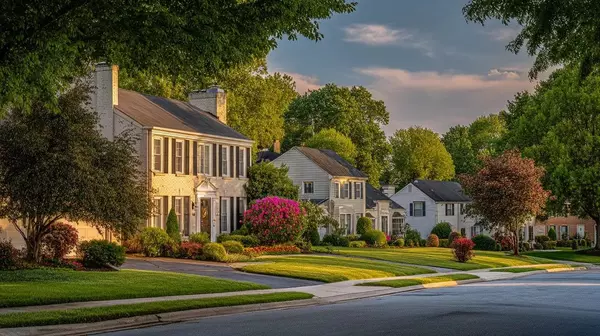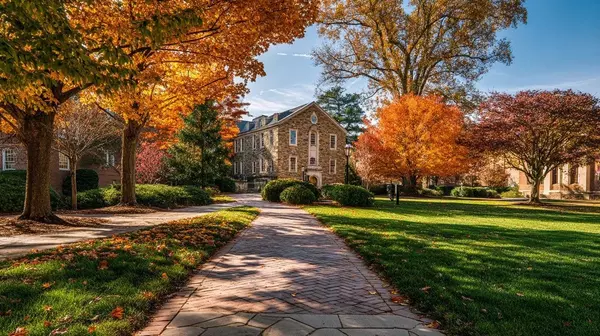
Best Things To Do In Owings Mills, MD
Owings Mills blends suburban ease with just enough bustle and green space, the kind of balance that makes people start browsing homes for sale in Owings Mills. Spend a morning on wooded trails, drift over to Metro Centre or Mill Station for mixed-use shopping in the afternoon, then wrap up with li
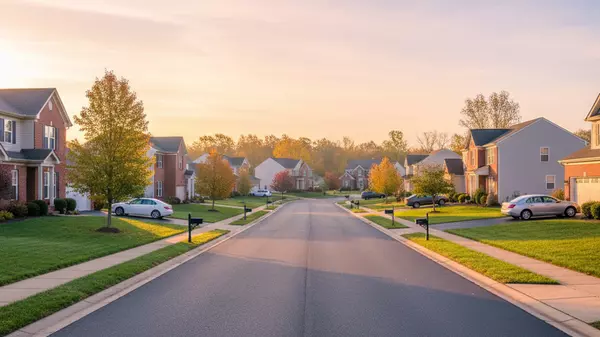
Cost of Living In Owings Mills, MD
Owings Mills is one of those Baltimore County suburbs where you can find a balance between convenience and space. People often compare it with other spots in the Baltimore-Columbia-Towson metro when they’re trying to figure out housing costs, commute times, and everyday expenses. If you’re conside
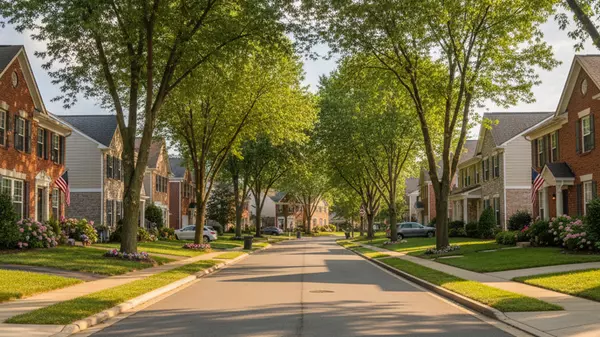
Moving to Owings Mills, MD
Owings Mills feels like a suburban hub that has grown into its own. Around the Metro you’ll see a cluster of shops, offices, and apartments, and just beyond that the neighborhoods stretch into tree-lined streets with townhomes and single-family houses. It’s the kind of place where you can pick up gr
Categories
Recent Posts
